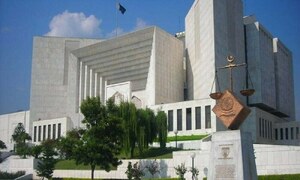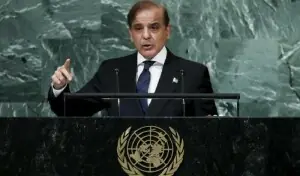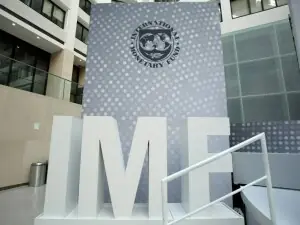Pakistan on Thursday urged the newly created UN Human Rights Council and the General Assembly to promote respect for religions, prophets and cultures, and to halt and reverse the phenomenon of Islamophobia.
Stressing the urgency of issue in the backdrop of the anti-Islam campaign in the West, Pakistan's UN Ambassador Munir Akram said the two bodies had the "moral and legal responsibility" in this regard. The Organisation of the Islamic Conference (OIC), he added, was ready to engage in a dialogue to reach agreed decisions.
Ambassador Akram, who was speaking in the 191-member Assembly after it approved the centrepiece of UN reform, said the new council was mandated to adopt a more co-operative approach to the promotion and protection of human rights.
However, he said the resolution, which established the council had not removed the underlying reasons for the politicisation and confrontation that had become a hallmark of the Geneva-based Commission on Human Rights. The 53-member commission, which will be replaced by the new 47-member council, was discredited, not so much by the worst violators, but the readiness of its members to condemn each other, rather than help each other. "Hopefully, the new council, with its new configuration, would build safeguards against the arbitrary and discriminatory targeting of developing countries, especially Islamic countries."
The vote on the resolution was 170 to 4.
Ambassador Akram said Pakistan had always agreed that the United Nations human rights machinery was in need of a comprehensive overhaul, but the 2005 summit had focused only on replacing the commission with a new Human Rights Council. He was not convinced that the new body, in itself, would significantly improve the manner in which human rights were considered within the United Nations. He, therefore, attached significance to the provisions calling for a review and rationalisation of the rest of the human rights machinery - the proliferated, duplicative 46 special procedures, the composition and operation of the Office of the High Commissioner for Human Rights, the utilisation of the sub-commission, the streamlining of the 1503 procedures and consultation with civil society.
BR100
16,405
Increased By
92.5 (0.57%)
BR30
52,938
Increased By
579.1 (1.11%)
KSE100
158,781
Increased By
743.5 (0.47%)
KSE30
48,500
Increased By
249 (0.52%)





















Comments
Comments are closed.